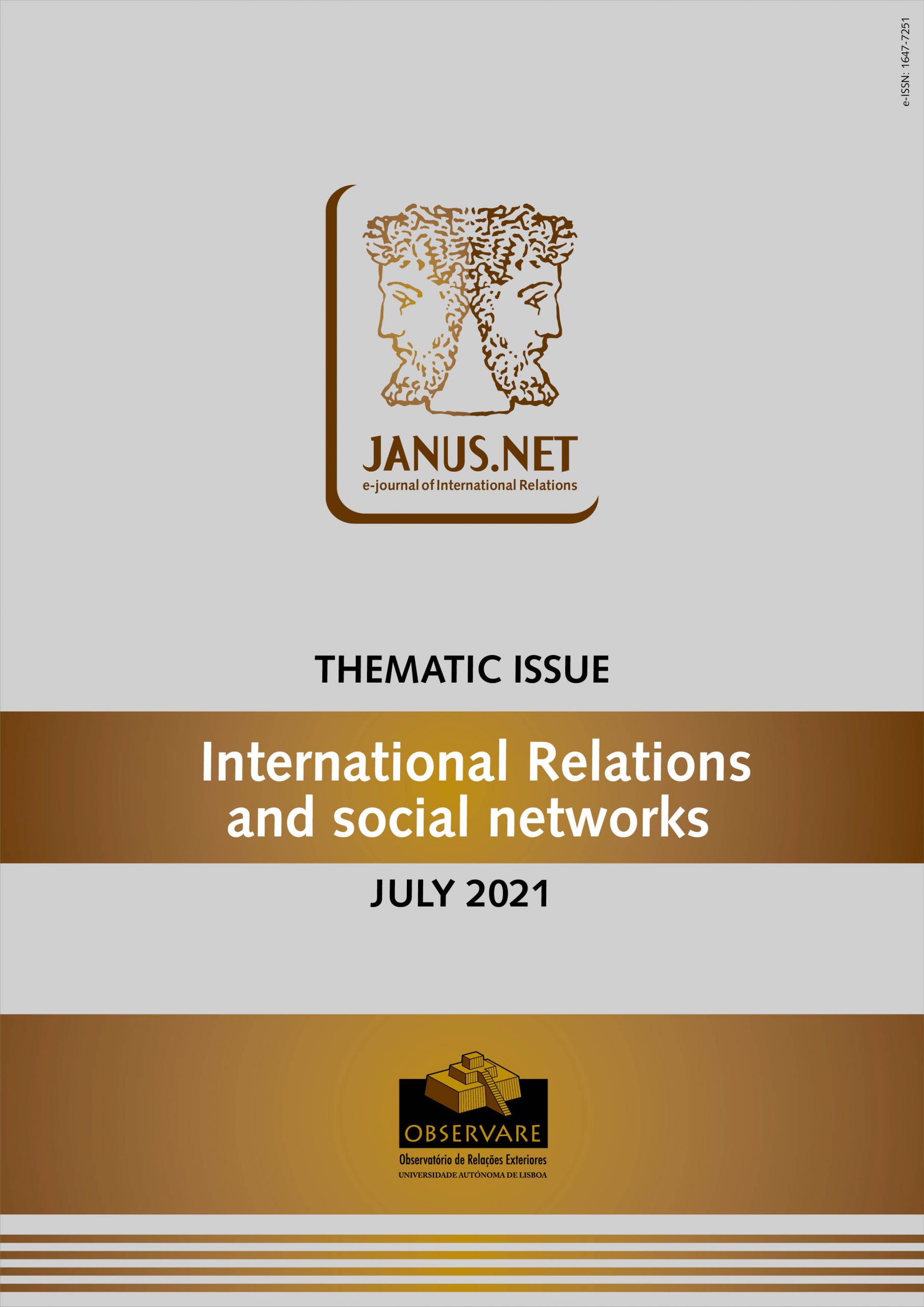Leadership takes place when a member of a group modifies the motivation or abilities of others or when their attention is directed towards goals or to the path required to accomplish goals (Bass, 2008). Therefore, it would not make sense to limit the scope of leadership to business or politics, where the concept is most commonly referred to. Leadership is a practice that can positively impact many areas, including religion (Campbell, 2021; Díez Bosch, Micó and Sabaté Gauxachs, 2020; Hoover, 2016; Soukup, 2017). Additionally, during this present time of uncertainty and complexity, leadership is necessary for any type of organization.
How is leadership approached by religious institutions? What is the role of the digital world in leadership formation? The objective of this study is to map the formation of religious leadership in Spain and Portugal in order to find initiatives and identify current necessities. The selected methodology follows a three-stage process. First, it includes a mapping of online initiatives regarding leadership in Catholic communities. Second, it includes a quantitative survey. Third, is a qualitative focus on groups and in-depth interviews (Busquet and Medina, 2019).
Through the findings of the study, the situation of leadership formation in religious institutions in both countries and the role communication plays in the matter are defined.
El liderazgo se lleva a cabo cuando un miembro del grupo modifica la motivación o las competencias de los demás o cuando su atención se dirige hacia las metas o hacia el camino requerido para alcanzarlas (Bass, 2008). Por lo tanto, no tendría sentido limitar el alcance del liderazgo a los negocios o la política, donde el concepto es más común. El liderazgo es una práctica que puede tener un impacto positivo en muchas áreas, incluida la religión (Campbell, 2021; Díez Bosch, Micó y Sabaté Gauxachs, 2020; Hoover, 2016; Soukup, 2017). Además, en el momento actual de incertidumbre y complejidad que vivimos, el liderazgo se convierte en algo necesario para cualquier tipo de organización. ¿Cómo se acercan las instituciones religiosas al liderazgo? ¿Cuál es el papel del mundo digital en esta formación? El objetivo de esta investigación es mapear el escenario de formación en liderazgo en las comunidades católicas en España y Portugal con el objetivo de detectar iniciativas y buenas prácticas, así como identificar las necesidades actuales. La metodología seleccionada está configurada por un proceso de tres etapas. En primer lugar, incluye el mapeo de iniciativas de liderazgo en comunidades católicas online. Como técnica de investigación cuantitativa, se ha desarrollado una encuesta. Desde una aproximación cualitativa, se han realizado dos focus groups y 21 entrevistas individuales en profundidad (Busquet y Medina, 2019). A través de los hallazgos del estudio, se muestra la situación de la formación en liderazgo en las instituciones religiosas de ambos países, así como el papel de la comunicación en este ámbito.
Gauxachs, Alba Sabaté; Polvillo, Adriana Chiva. Leadership and communication in Spain and Portugal: the catholic case. Thematic dossier International Relations and Social Networks, July 2021. Consulted [online] on date of last visit, https://doi.org/10.26619/1647- 7251.DT21.12
Article received on 5 January, 2021 and accepted for publication on 23 February, 2021















